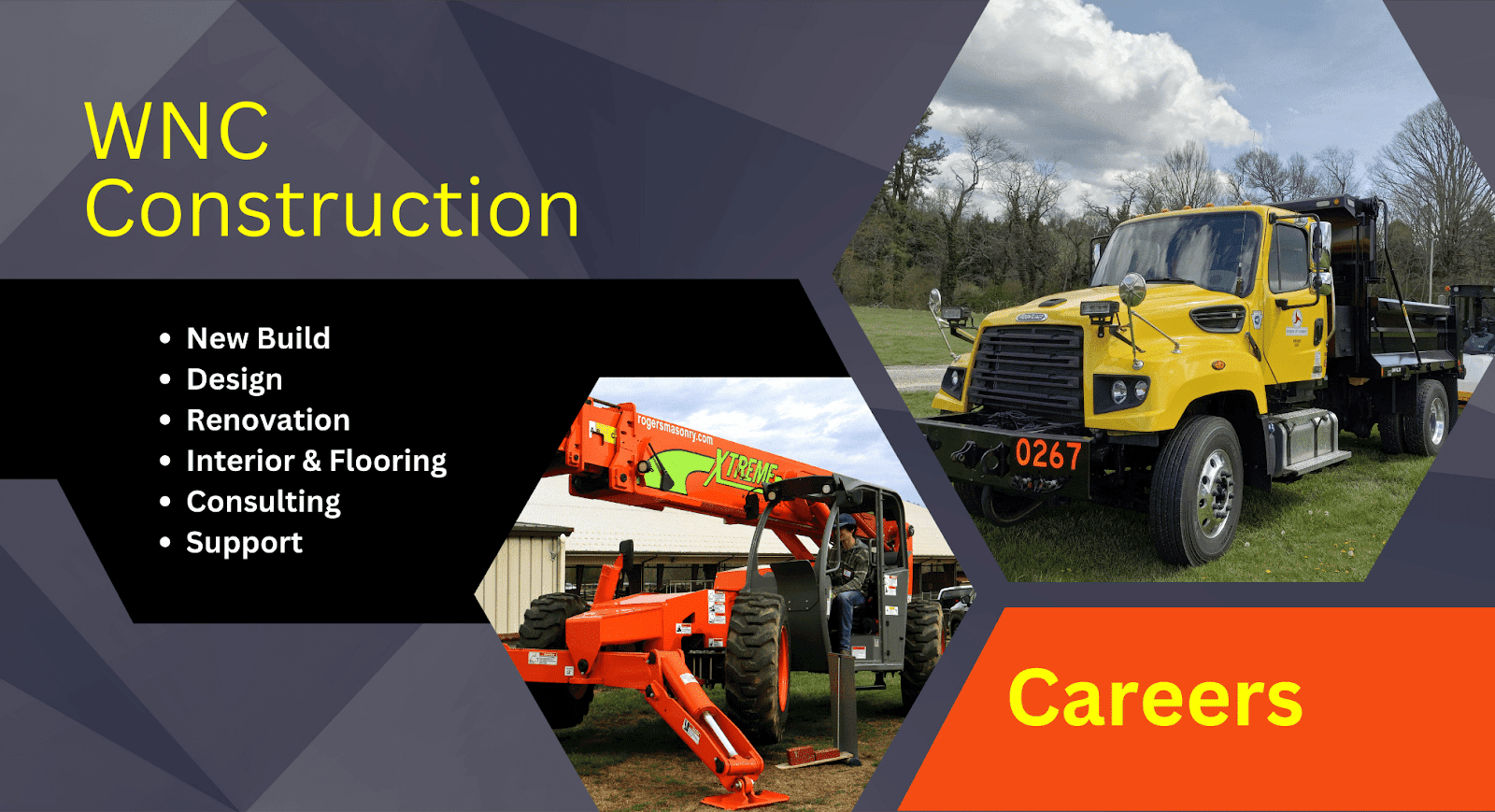Workforce development boards play a crucial role in bridging the gap between job seekers and employers, ensuring that individuals have the necessary skills and opportunities to thrive in their chosen careers.
In the pursuit of a vibrant and sustainable workforce, it is essential to recognize the significance of construction careers.
By supporting and organizing construction career days, workforce development boards can pave the way for a stronger future, benefitting both individuals and the communities they serve.
1. Addressing the Skills Gap:
The construction industry faces a significant skills gap, with an increasing demand for skilled workers and a shortage of qualified individuals to fill those positions. By organizing construction career days, workforce development boards can bring together industry professionals, educators, and potential workers to showcase the range of opportunities available in the construction field. Such events provide a platform to highlight the importance of trade skills, attract talent, and inspire individuals to pursue careers in construction.
2. Diverse and Rewarding Careers:
Construction career days offer a unique opportunity to dispel misconceptions about the construction industry. Many people may view construction jobs as physically demanding and lacking in growth potential. However, in reality, the construction sector offers a wide array of roles that require various skills, ranging from project management and engineering to design and architecture. By hosting construction career days, workforce development boards can shed light on the diverse and rewarding careers available in this field, enticing individuals who may not have considered construction as a viable career path.
3. Apprenticeship and Training Opportunities:
Construction career days can serve as a gateway to apprenticeship and training programs. These events allow workforce development boards to collaborate with trade unions, industry associations, and construction companies to showcase the benefits of apprenticeships. By providing information on apprenticeship programs, training opportunities, and pathways to certification, career days help individuals understand the value of hands-on learning and the potential for long-term career growth within the construction industry.
4. Industry Collaboration and Community Engagement:
Construction career days bring together various stakeholders, fostering collaboration between workforce development boards, educational institutions, construction companies, and community organizations. By partnering with these entities, career days can create a positive impact on local communities. Construction projects often have a significant economic impact, and by promoting careers in construction, workforce development boards contribute to economic growth, job creation, and community development.
5. Meeting Workforce Demands:
The construction industry is poised for significant growth in the coming years. By supporting construction career days, workforce development boards actively address the demands of the labor market. These events enable prospective workers to explore career opportunities, connect with employers, and gain insights into the skills and qualifications required to excel in the construction field. By aligning training programs and workforce development initiatives with the needs of the construction industry, boards can help bridge the skills gap and ensure a sustainable supply of skilled workers.
In Conclusion
Construction career days offer a valuable platform for workforce development boards to champion the construction industry and its numerous career opportunities.
By organizing and supporting these events, boards can promote skill development, encourage diversity in the workforce, facilitate apprenticeship programs, and foster community engagement.
As we strive for a stronger future, workforce development boards must recognize the critical role of construction career days in shaping a skilled and thriving workforce that meets the demands of a growing industry.

